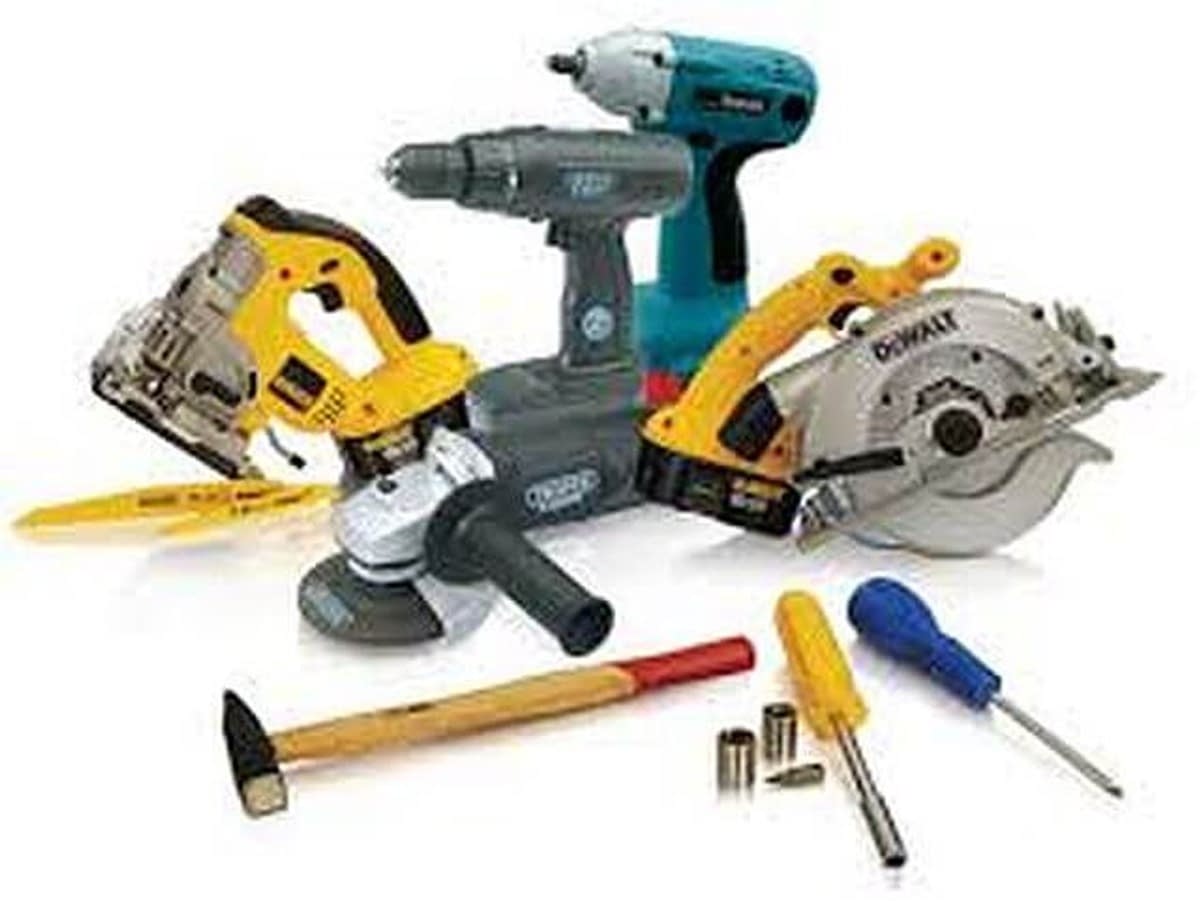
Posted by The Restoration Entrepreneur
Do you provide tools to your construction workers? If you do you’re not alone! Table saws, flooring nailers, paint sprayers and more are each part of your tool inventory. When a tool is needed you have it, if it is broken you repair it, and if it disappears you replace it. How do you feel about that? For those contractors who provide tools whether for your construction employees or for your independent contractors to work on your jobs, you likely frequently experience these problems.
Common Challenges with Providing Tools to Construction Workers
- Construction workers show up to the job and discover they are missing a tool and have to return home or to your office to get it.
- Tools are left unattended and occasionally disappear.
- You find your company tools carelessly and haphazardly tossed under the debris that fills your service van or truck.
- You discover tools that are rusted after having been left out unprotected in the weather.
- Many commonly used tools such as saws and pneumatic guns seem to disappear so you replace them over and over and over again throughout the year.
- Though you have a check out system to record who has the tool and who is responsible for its safe return, nobody uses the system regularly.
- You go looking for a particular tool that has been signed out by employee X who tells you he turned it in 2 days ago, and it was signed out by employee Y who knows nothing about the matter.
Such antics could cause a grown person to cry especially when the lost productivity and cost to replace tools is measured.
Why Traditional Tool Tracking Systems Fail in Construction
In the end you see that the added time to organize the tool room, inventory and track tools, check them in and out, and hold users accountable for their timely return just plain doesn’t work. Who loses – only you, the owner.
The Advantages of Tradesmen Providing Their Own Tools
The solution is actually quite simple – DO NOT EVER provide tools of the trade to your tradesmen. Not if they are employees – not if they are independently hired workers – no, not ever to anyone!
Financial and Operational Benefits of Not Providing Tools to Construction Workers
Construction workers are considered a skilled trade. Everyone knows that a skilled tradesman owns their own tools. Many tradesmen own every tool known to man so why do you feel it necessary to provide tools for them? They should provide the tools of their trade to work in their trade. You will save yourself untold pain, resolve so many potential problems, and find that life can be so much easier if you require your tradesmen to provide their own tools in order to do work for you.
Construction workers will take better care of their tools, won’t lose their tools, won’t abandon their tools, and won’t forget their tools if they belong to the worker. If they don’t have a tool that is needed to complete the work you assign they simply need to get it or they don’t get the work. Makes sense doesn’t it? If they don’t have the required tool to do a job they can’t do the job.
Implementing a No-Tool Provision Policy: Steps and Tips
For my in-house construction workers who either didn’t have a needed tool or whose tool just finally gave out after years of use I gave a stipend to help them purchase the required tool. Once purchased the tool was theirs.
For example, if our scope of repair called for the installation of 725 sf of engineered wood flooring Xactimate paid my company $100 for the use of a “hardwood flooring nailing tool” to complete that job. Did you know this? If specialty tools are required Xactimate provides an allowance to you for renting or providing the tool – how terrific is that?
Enhancing Efficiency and Accountability in Construction
In my company, if my installer didn’t have the required tool I offered on a one-time basis the $100 allowance provided by Xactimate to buy the “hardwood flooring nailing tool” which became the possession of the installer. This not only ensured they had the proper tool for the job but also produced goodwill between me and the worker. The installer would then take the $100 and personally pay the difference to buy a “hardwood flooring nailing tool” from a local pawn shop if he didn’t want to buy it new. In the end I stopped buying tools for workers and required them to provide their own. Problem solved – life was better – workers were happy – they performed better – and I didn’t have the hassle of keeping track of and replacing tools over and over again. I encourage you to start doing the same!
Reference: 12 Month Coaching Plan – The Profit Maker – Make More Money Than Ever Before Managing Your Business Like a Pro!
